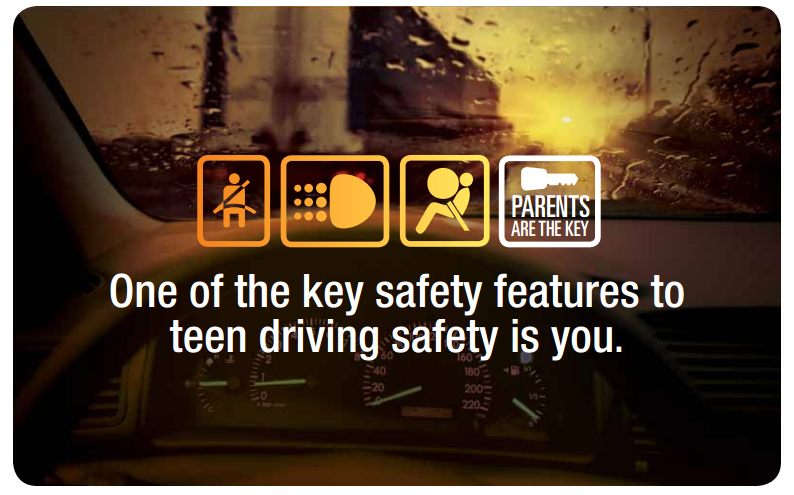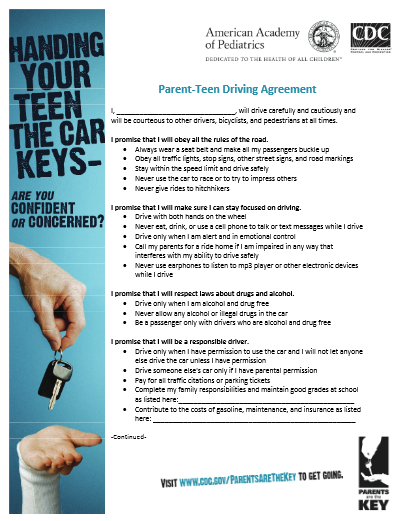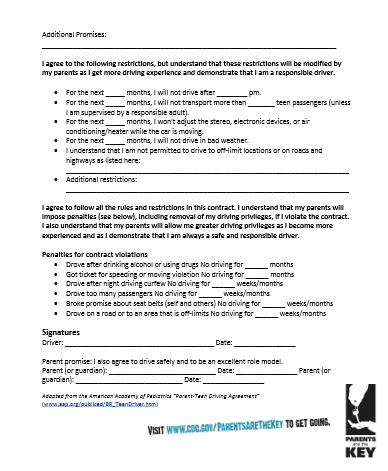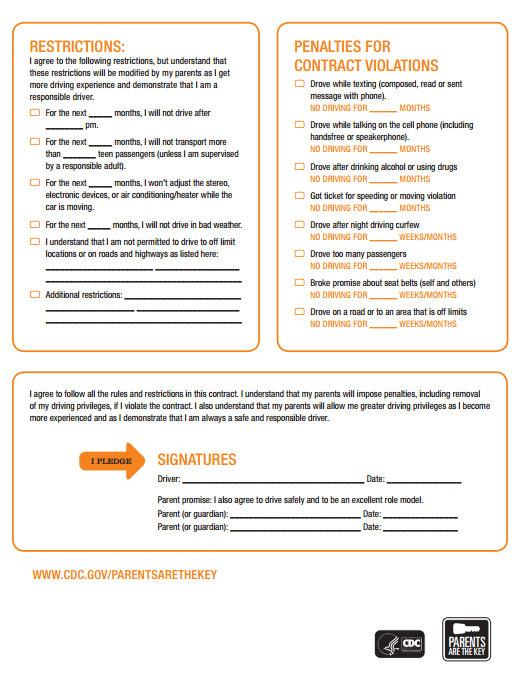Parent Message Testing Moderator's Guide - word
Attachment F - Parents Message Testing (Moderator) Guide.docx
CDC and ATSDR Health Message Testing System
Parent Message Testing Moderator's Guide - word
OMB: 0920-0572
Attachment F
Parent Moderator Guide
Form Approved
OMB No. 0920-0572
Expiration Date: 2/28/2015
Public
Reporting burden of this collection
of information is estimated at 90 minutes per response, including
the time for reviewing instructions, searching existing data
sources, gathering and maintaining the data needed, and completing
and reviewing the collection of information. An agency may not
conduct or sponsor, and a person is not required to respond to a
collection of information unless it displays a currently valid OMB
control number. Send comments regarding this burden estimate or any
other aspect of this collection of information, including
suggestions for reducing this burden to CDC/ATSDR Reports Clearance
Officer, 1600 Clifton Road NW, MS D-74, Atlanta, GA 30333; Attn:
PRA (0920-0572).
Q2 Online Focus Group
Moderator’s Draft Guide
CDC “Parents are the Key” Toolkit Materials Evaluation
PARENTS: 90-MINUTE GROUP
English Version (Also To Be Translated into Spanish)
OVERALL GUIDE DEVELOPMENT STRATEGY:
Like traditional groups, online sessions begin with a Welcome/Directions (Q1 below) and then one or two warm-up closed-ends (or perhaps one open-end) such as important qualifying criteria.
The remaining questions and media will include a mix of question types to ensure an engaged session.
Sessions run 90-minutes. For timing purposes, these estimates are approximate but should be used as a guideline: Closed-end questions – 1 min; Open-end questions – 3 min; Grid questions – 1-3 min; Discussion Room – 5-30 min.
Distinction between types of questions:
Media: Static informational text or image, not a question.
Open-end, Closed-end, and Grid question: Responses are seen only by the moderator/client – not other participants – and tend to yield somewhat longer responses than the chat sessions.
The Discussion Room chat questions: Are more akin to a typical focus group conversation, with the responses viewed by all participants, thus allowing for participant learning and commenting.
[MEDIA] Welcome
Welcome to this group session. Today’s session is being sponsored by the Centers for Disease Control and Prevention and is focused on a communications campaign about safe teen driving. The campaign highlights the message that motor vehicle crashes are the leading cause of death among teens, but there are proven steps that parents can take to help keep teens safer on the road.
First, a few
words about what will happen during this session. You are currently
connected online to me (the Moderator) and numerous other
participants. Over the next 90 minutes, you will respond to the
questions you see appear on the right-side of your browser window.
Please answer these questions openly and honestly. Your answers to
these questions are anonymous and will not be seen by other
participants.
Occasionally, you may
find yourself waiting briefly as others finish their answer. Please
be patient for the next question should you finish answering before
others - the next question will always appear shortly.
At any time during the session, the Moderator may begin an instant messaging chat discussion. You should respond to the Moderator's questions as the discussion proceeds. Note that for these chats, you will also be able to see other participants' comments and respond to them. Please be courteous and polite.
You may also get a private pop-up chat window at any point during the session. In this chat, I will ask a few follow-up questions about some of your prior comments. Only you and the Moderator will be part of this chat – not the rest of the group. When I close the private chat window, please return to the questions on your screen and catch up with the rest of the group.
All information disclosed during the focus group meeting will be kept
secure to the extent permitted by law and none of the information
discussed during the open chats will be shared with any other
individual or organization outside of the purpose of this focus
group.
We greatly appreciate your participation and you
will receive a $30 gift for participation in equivalent reward points
for taking the time to contribute your opinions tonight. However, you
must answer all of the questions throughout the session until the
Moderator finishes the session, or you will not receive your gift for
participation.
BACKGROUND INFO
[CLOSED] How dangerous do you feel driving is for teens?
Very dangerous
Somewhat dangerous
Not very dangerous
Not at all dangerous
[CLOSED] How do you feel about the following statement: I know how to help my teen stay safe on the road.
Strongly agree
Agree
Disagree
Strongly disagree
[DISCUSSION ROOM] What are some things you can do, or have done, to help protect your teen driver, or soon-to-be driver?
Have you talked with your teen about ways to be a safe driver? Why or why not?
Have you, or do you plan to, set rules for your teen driver to follow? What are some of the rules? [PROBE] Curfew, seatbelts, no texting
What types of information, if any, have you searched for about teen driving? [Probe: safety tips, parent-teen driving agreement or contract, videos]
Where do you go to find this information? Please list/describe specific sources.
Do you feel like you have enough information to teach your teen how to drive safely? If not, what do you feel is missing?
CAMPAIGN INTRO
[MEDIA] For the remainder of our discussion, we are going to focus on evaluating materials that could potentially be used for an upcoming campaign on safe teen driving.
CREATIVE CONCEPTS
[MEDIA] Now we are going to show you three different creative concepts that could be used to promote the safe teen driving campaign. We would like your feedback on the content of each concept. Please read each concept then answer the questions that follow.
Concept 1:

Concept 2:

Concept 3:

[OPEN] What are your first impressions of this concept? What about it stands out to you? Please provide your answer in 2-3 sentences in the box below.
[GRID] Please rate the concept on the following attributes …
4 –Very
3 – Somewhat
2 – Not very
1 – Not at all
Credible
Relevant
Informative
Easy to understand
Motivating
New and different
[GRID] Please rate the look and feel of the concept on the following attributes…
4 –Very
3 – Somewhat
2 – Not very
1 – Not at all
Impactful
Eye-catching
Appealing
[DISCUSSION ROOM] What is the main idea that this concept is trying to communicate to parents?
What do you like about this concept? What do you dislike?
How relevant is this idea to you? Why do you say that?
Would this concept make you want to find out more information about how to help your teen drive safer? Why or why not?
Do the ideas in the concept make you feel like this campaign is for someone like you? Why or why not?
What changes, if any, would you make to the concept to make it more informative? Useful?
How do you feel about the colors and graphics? What do you like/dislike about them?
[DISCUSSION ROOM] Would the information provided in this concept make you want to learn more about how to protect teen drivers? Why or why not?
[CLOSED] If so, in which of these formats would you like to see more information?
(Select all that apply.)
I would like to read more information on this topic in a printed booklet or other printed format
I would look for PDFs of materials like these online (i.e., on a website, Facebook, Pinterest)
I would watch videos to help me learn ways to protect my teen driver
I would use an app that would help me record when I practice driving with my teen
I would use an app that provides information about safe driving
I would read an infographic about teen driving
I would ask my child’s pediatrician to give me information and materials on safe teen driving
I would hear/watch messages (ie, Podcasts, Videos) from parents talking about what they did to help protect their teens
I would go online to get more information
None of these
[REPEAT Q7-Q12 FOR EACH CONCEPT – 2 TOTAL]
PARENT-TEEN DRIVER AGREEMENTS
[MEDIA] Here are two samples of parent- teen driving agreements, Agreement A and Agreement B. A parent-teen driver agreement is a signed document between a parent and a teen that sets their family’s teen driving rules and helps begin a discussion about safe teen driving between parents and teens. Please review each agreement and then answer the questions that follow.
Parent-Teen Driving Agreement A
Front:

Back:

Parent-Teen Driving Agreement B
Front

Back

[OPEN] What are your first impressions of Agreement A? How about Agreement B? Please write your response in 2-3 sentences in the box below.
[CLOSED] Which agreement do you like better?
Agreement A
Agreement B
[OPEN] Please explain why you gave the response you did to the previous question. Why, specifically, do you like the agreement you selected better?
[GRID] Would you …
1 – Yes
2 – No
3 – Not sure
Complete and sign an agreement like this with your teen driver
Recommend that other parents use this agreement with their teen
Share this agreement with other parents
[CLOSED] How interested would you be in finding out more about each of the following…?
4 – Very interested
3 – Somewhat interested
2 – Not very interested
1 – Not at all interested
Teen driving safety in general
Parent-teen driving agreements
A timeline, or “roadmap” that guides you through the teen driving process
State driving laws for teenagers (such as graduated drivers licensing laws)
How to teach your teen to drive
The risks for teen drivers
A social network, like a Facebook group or page, on safe teen driving
[CLOSED] Would having information like statistics about teen driving crashes and deaths (such as the number of teens who die in crashes each year) make you more or less likely to talk with your teen about safe driving?
Much more likely
Somewhat more likely
Somewhat less likely
Much less likely
PROMOTION
[DISCUSSION ROOM] Where would you like to see teen safe driving materials, such as the agreements, offered?
[PROBE] Doctor’s office, on TV, Internet, social media, radio?
Would you share messages and materials about safe teen driving with other parents? Why or why not?
How would you share this information with other parents? Would you use social media, like Facebook or Twitter? Which social media site would you use specifically?
Would you prefer getting printed or electronic copies of materials on safe teen driving? Why do you say that?
SOCIAL MEDIA/MOBILE
[CLOSED] Which of the following social media sites do you use regularly?
Facebook
Twitter
Instagram
Google +
Pinterest
None of these
CLOSING
CDC is the nation's health protection agency, working 24/7 to protect America from health and safety threats. CDC’s work includes researching the best ways to prevent motor vehicle-related injuries and deaths.
[CLOSED] Have you ever heard of the Centers for Disease Control and Prevention (CDC)?
Yes
No
Not sure
[OPEN] Does the fact that the information you saw today comes from the CDC make it more or less interesting or desirable to you? Why or why not?
In addition to the concepts and agreement that you saw today, what other materials and information would you like to see from the CDC to help parents protect teen drivers? [PROBE] For example, printable brochures, videos, infographics, statistics, newsletter articles, a quiz, an app, Facebook page, tweets?
Thank you so much for your participation. This has been extremely helpful to us.
| File Type | application/vnd.openxmlformats-officedocument.wordprocessingml.document |
| Author | Monica Liriano |
| File Modified | 0000-00-00 |
| File Created | 2021-01-25 |
© 2026 OMB.report | Privacy Policy